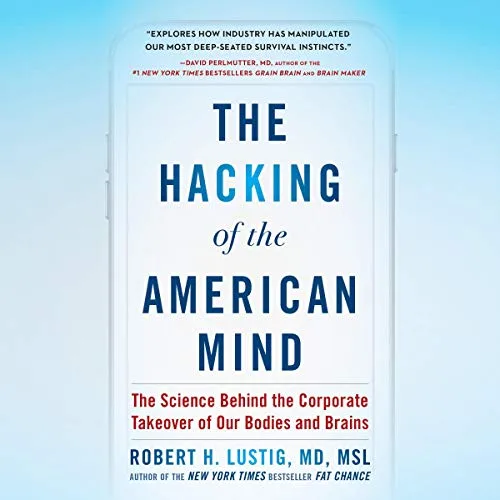Disclosure:
The Knowledge Guide may earn a commission when you purchase through links on our site. As an affiliate, we only promote products and services that we believe in and use ourselves.
Stem cells are undifferentiated cells that can develop into many different types of cells in the body, making them a valuable tool in medical research and treatment. There are two types of stem cells: allogenic and autologous.
Allogenic stem cells are taken from a donor and transplanted into another individual. These cells can be used to treat a variety of medical conditions, such as leukemia, lymphoma, and other blood disorders. The donor cells are carefully screened for compatibility with the recipient’s immune system to minimize the risk of rejection.
Autologous stem cells, on the other hand, are taken from a patient’s own body and used to treat a variety of conditions, such as heart disease, diabetes, and neurological disorders. These cells are collected and then grown in a lab, where they can be manipulated to become a specific type of cell, such as a heart cell or a nerve cell.
While stem cell therapy shows promise for treating a variety of conditions, there are risks associated with the use of commercially available stem cells. These cells are often harvested from non-medical sources, such as umbilical cord blood, and are not subject to the same rigorous screening and testing as cells used in medical procedures.
The use of unregulated, commercially available stem cells has been linked to a number of serious health problems, including infections, tumors, and immune system reactions. In some cases, these cells have been found to contain dangerous genetic mutations or infectious agents, which can be transmitted to patients.
In addition to the health risks associated with using commercially available stem cells, there is also the risk of fraud. Many companies that offer stem cell therapy make false claims about the effectiveness of their treatments, and some even engage in illegal practices such as marketing unapproved drugs.
To ensure the safety and efficacy of stem cell therapy, it is important to seek treatment from a reputable medical facility that uses cells that have been carefully screened and tested. Patients should also be aware of the risks associated with the use of commercially available stem cells and avoid buying these cells from unregulated sources.
Although stem cell therapy shows great promise for treating a variety of medical conditions, it is important to understand the difference between allogenic and autologous stem cells and the risks associated with the use of commercially available stem cells. Patients should work closely with their healthcare providers to determine the best course of treatment for their individual needs and should only seek treatment from reputable medical facilities.
Dr. Rainier Guiang is a board certified specialist in chronic pain management and practices in southern California at University Pain Consultants.





